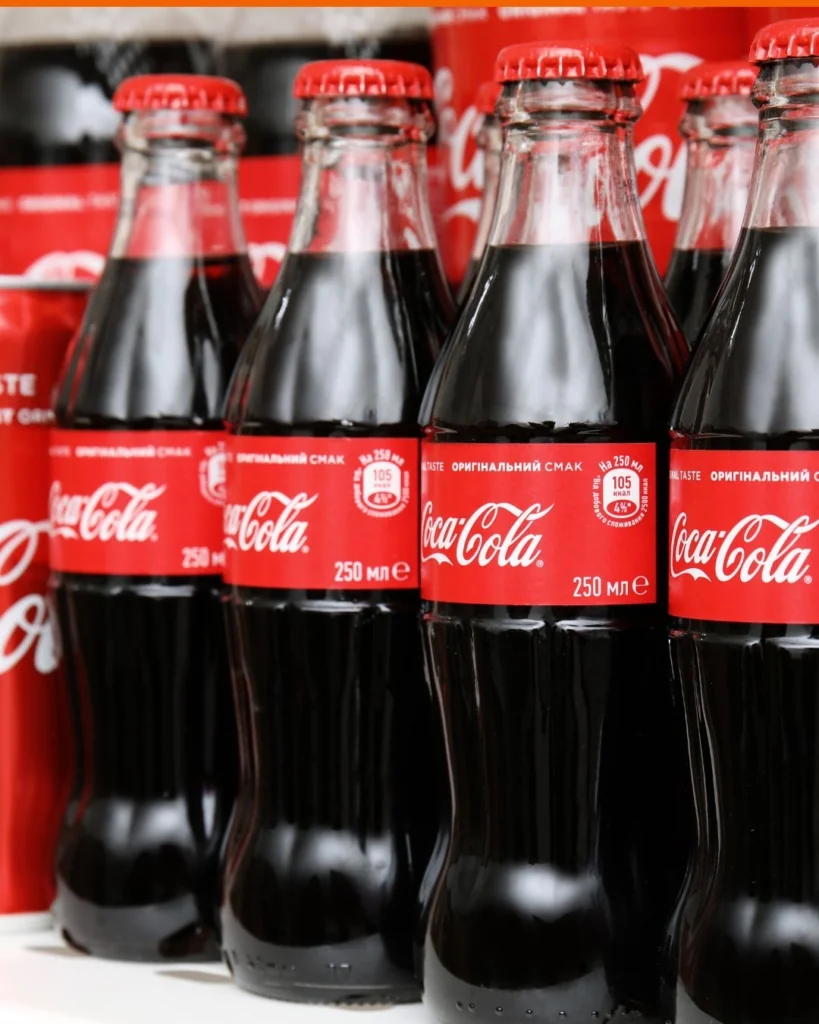Overview:
A California consumer takes on Coca-Cola over “100% Natural Flavors” labeling claim. Can false advertising surveys resolve “100% natural” disputes?
Coca-Cola Case Facts
California consumer Victoria Palmer filed a class-action lawsuit against The Coca-Cola Company, alleging misleading labeling on products such as Fanta and Sprite. The lawsuit claims that Coca-Cola markets its sodas as containing “100% Natural Flavors,” despite including synthetic additives such as citric acid and potassium citrate.
In the complaint, Palmer states that if she had known that the product contained unnatural ingredients, she would have paid less or not purchased it. The complaint also argues that “sweetness is a fundamental component of how flavor is experienced,” and a reasonable consumer would not expect a product labeled and marketed as containing “100% Natural Flavors” to include artificial sweeteners. The complaint alleges that Coca-Cola’s misrepresentation of ingredients violates consumer protection laws, including California’s Consumer Legal Remedies Act.
Coca-Cola is not facing scrutiny for “greenwashing” for the first time. Prior lawsuits against the company include one alleging that it has made deceptive marketing statements about the extent to which sustainability is part of its business strategy. This class-action lawsuit over the “100% Natural Flavors” claim reflects consumer concerns about greenwashing and the use of health-conscious labeling that misleads consumers looking to make purchasing decisions that align with their values.
Natural Claims, False Advertising, and Citric Acid
Consumer demand for transparency in ingredient sourcing and labeling practices is growing. Regulatory challenges and lawsuits like this one frequently involve naturally sourced additives, such as citric acid and potassium citrate. Those additives are widely used in the food and beverage industry for flavor enhancement, preservation, and pH control, but generally do not come from natural sources.
Both ingredients are Generally Recognized As Safe (GRAS) by the FDA. However, when the ingredients are used in products marketed as containing “100% natural flavors,” Palmer argues that the labeling is misleading to consumers. In this, Coca-Cola is not alone; Pepperidge Farms Goldfish crackers, labeled as containing “No Artificial Flavors or Preservatives,” and Arizona Iced Tea, labeled as preservative-free, faced similar challenges over their use of citric acid. When naturally derived additives are at issue, defining—and litigating—false advertising claims can be complex.
Cracking the ‘Natural’ Claims Debate Using Consumer Surveys
In litigation alleging false and misleading advertising, consumer surveys can help courts determine what messages reasonable consumers take away from advertising, which includes labeling. Surveys can show a label and ask respondents what they believe it says. Additionally, surveys can be used to determine whether consumers made buying decisions based on the label’s communications, including the materiality of each claim individually. These types of surveys provide quantitative data that supports the case one side is building.
Moving Forward
Should this case continue, it could result in product relabeling or financial penalties, among other consequences. If you require consumer perception research for a false advertising matter, contact MMR Strategy Group, an IMS Strategies company, for guidance. We conduct research relied on by regulators, top brands, and consumers.
